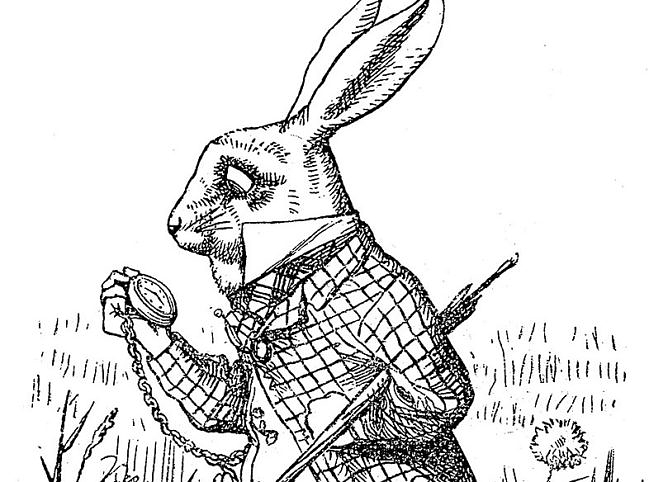The majority of mortals, Paulinus, complain bitterly of the spitefulness of Nature, because we are born for a brief span of life, because even this space that has been granted to us rushes by so speedily and so swiftly that all save a very few find life at an end just when they are getting ready to live.
So it is — the life we receive is not short, but we make it so, nor do we have any lack of it, but are wasteful of it. Just as great and princely wealth is scattered in a moment when it comes into the hands of a bad owner, while wealth however limited, if it is entrusted to a good guardian, increases by use, so our life is amply long for him who orders it properly.
In short, run through the list of all these men from the lowest to the highest—this man desires an advocate, this one answers the call, that one is on trial, that one defends him, that one gives sentence; no one asserts his claim to himself, everyone is wasted for the sake of another. Ask about the men whose names are known by heart, and you will see that these are the marks that distinguish them: A cultivates B and B cultivates C; no one is his own master. And then certain men show the most senseless indignation—they complain of the insolence of their superiors, because they were too busy to see them when they wished an audience! But can anyone have the hardihood to complain of the pride of another when he himself has no time to attend to himself? After all, no matter who you are, the great man does sometimes look toward you even if his face is insolent, he does sometimes condescend to listen to your words, he permits you to appear at his side; but you never deign to look upon yourself, to give ear to yourself. There is no reason, therefore, to count anyone in debt for such services, seeing that, when you performed them, you had no wish for another’s company, but could not endure your own.
No one is to be found who is willing to distribute his money, yet among how many does each one of us distribute his life! In guarding their fortune men are often closefisted, yet, when it comes to the matter of wasting time, in the case of the one thing in which it is right to be miserly, they show themselves most prodigal.
What, then, is the reason of this? You live as if you were destined to live forever, no thought of your frailty ever enters your head, of how much time has already gone by you take no heed. You squander time as if you drew from a full and abundant supply, though all the while that day which you bestow on some person or thing is perhaps your last. You have all the fears of mortals and all the desires of immortals.
You will hear many men saying: “After my fiftieth year I shall retire into leisure, my sixtieth year shall release me from public duties.” And what guarantee, pray, have you that your life will last longer? Who will suffer your course to be just as you plan it? Are you not ashamed to reserve for yourself only the remnant of life, and to set apart for wisdom only that time which cannot be devoted to any business? How late it is to begin to live just when we must cease to live! What foolish forgetfulness of mortality to postpone wholesome plans to the fiftieth and sixtieth year, and to intend to begin life at a point to which few have attained!
Excerpt from: Seneca «On the shortness of life»
Source picture
from ALICE’S ADVENTURES IN WONDERLAND, by Lewis Carroll, with illustrations by John Tenniel. Macmillan and Co, London, 1898.
Source Text
Seneca «On the shortness of life», forumromanum.org

